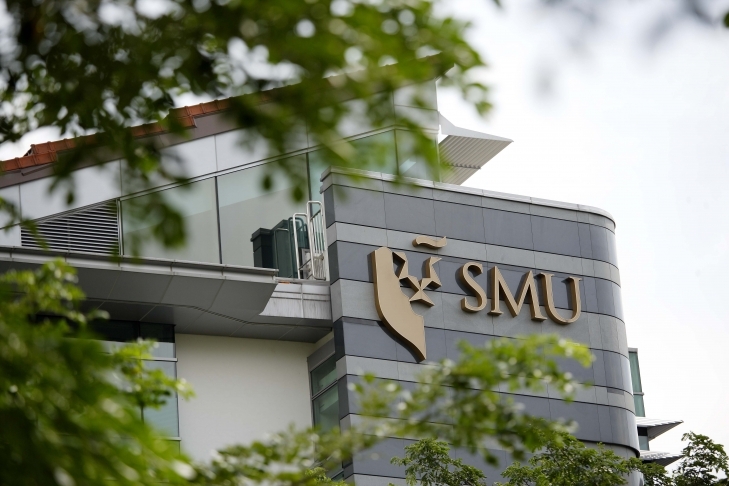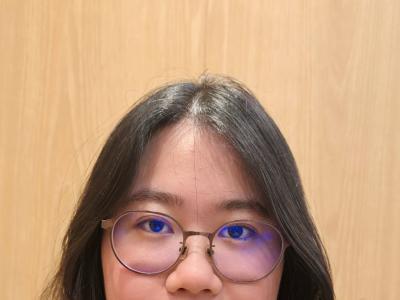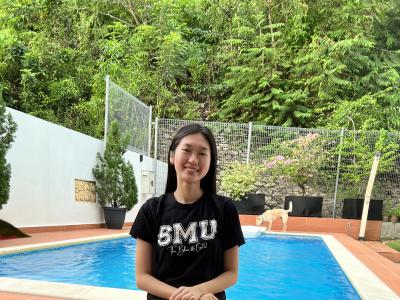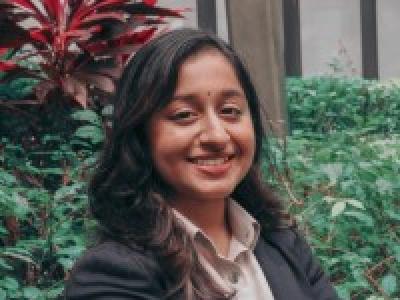
Message from SMU Provost, Professor Lily Kong

The Quacquarelli Symonds (QS) World University Rankings (WUR) 2018 was released on 8 June 2017. The QS methodology for WUR includes ranking of four categories of universities: full comprehensive universities, comprehensive universities, focused universities, and specialist universities. According to QS’ classification, SMU is a specialist university. Universities in all four categories are combined and compared in the WUR regardless of their range, remit and responsibility. When placed in the combined WUR of 959 universities, SMU is ranked in the 441-450 range.
To ensure comparability, all the universities that were ranked by QS were sorted using QS’ classification. This resulted in SMU being ranked #11 among the specialist universities of the world which include established institutions such as the London School of Economics and Political Science, Sciences Po Paris, University of St Gallen and Hitotsubashi University.
In other global rankings by disciplinary areas, SMU’s performance has also been laudable. We are ranked 1st in Asia in accounting research in the Brigham Young University Accounting Research Rankings, 1st in Singapore (3rd in Asia) in the University of Texas Dallas Top 100 Worldwide Business School Research Rankings, and 4th in Asia in Tilburg University’s Top 100 Worldwide Economics Schools Research Ranking.
Regardless of rankings, SMU is first and foremost committed to delivering high quality teaching and research, for which rankings are only partial mirrors to ourselves about what really matters. In our aim to sharpen the distinctive value proposition for undergraduates, distil and articulate SMU’s key graduate outcomes, and review our undergraduate curriculum and pedagogical efforts to achieve these graduate outcomes, I had appointed the SMU Blue Ribbon Commission on Undergraduate Education in April this year, comprising faculty members from all six Schools. Members of the Commission have started deliberations on how to enhance the academic experience of students. They will make recommendations on how to augment our holistic student learning and development. The discussions have been invigorating, and I am encouraged by the many ideas that have emerged already. Meanwhile, the quality of teaching that our faculty deliver remains high. Our faculty have won international awards for pedagogical innovation. The holistic attention to student learning and development that we are committed to cannot be reduced to a single indicator (e.g. faculty-student ratio), as is used in ranking exercises.
The curricula in our postgraduate professional programmes are continually being refreshed. We have also introduced interdisciplinary Professional Development Workshops to give our professional Masters graduates a competitive advantage. Likewise, graduates from our postgraduate research programmes also benefit from professional training programmes before they embark on their careers in academia and industry.
We also continue to innovate in the executive development space. To cater to corporate executives’ learning requirements, SMU Executive Development has recently launched a mobile learning platform, SmartUp, for blended learning. It is an app-based service delivering succinct lessons to a smartphone. This has received positive coverage in the Financial Times.
In April, we launched the SMU Academy, through which we will contribute significantly to adult education and lifelong learning in Singapore. The Academy will focus on the development of functional skills across industries as well as sector-customised competencies in SMU’s niche areas of financial services, human capital, management and leadership, and technology and intelligent systems. It will build on SMU’s reputation, and leverage our prime location in the city, faculty expertise, and well-developed ties with business and industry to offer a strong value proposition to adult learners, including our own alumni. This is a critical contribution by our university to the country that rankings do not recognise.
In research, SMU is delivering high quality impact. Many of our Schools, Institutes, Centres and Labs are undertaking research in key areas that matter to the larger community and contribute to its betterment. For example, we are studying elderly well-being, congestion management, crowd analytics, dispute resolution and financial inclusion, all of which can contribute to quality of life. Again, such contributions cannot be measured by singular indicators (e.g. citations per faculty).
Our University has also won a record-breaking number of case writing awards three years in a row in the prestigious global competition organised by the European Foundation for Management Development. With three new awards this year making a total of eight awards, SMU maintains the lead among Asian institutions in winning the most number of awards and the only Singaporean educational institution to have earned acclaim in the renowned global case writing competition.
Whilst we are inevitably drawn into ranking exercises, and stand tall among similar specialist universities, SMU’s focus remains on delivering education and research to the highest standards, thus transforming students and impacting society.


